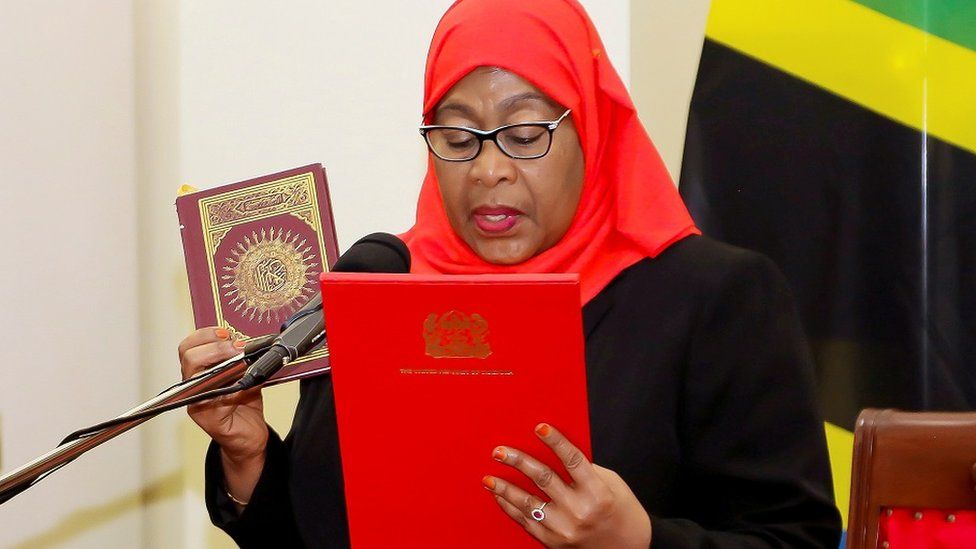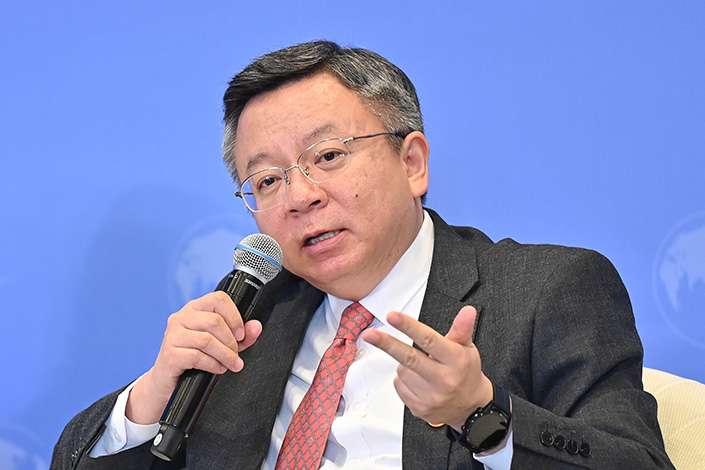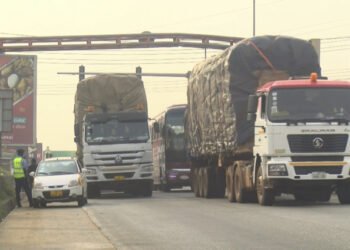The Executive Board of the International Monetary Fund (IMF) has approved a disbursement of US$567.25 million for Tanzania. This emergency financing will help finance Tanzania’s urgent balance of payment needs as a result of the outbreak of the COVID-19 pandemic.
The financing comprises US$189.08 million under the Rapid Credit Facility (RCF). It also includes a purchase equivalent to SDR265.2 million (US$378.17 million) under the Rapid Financing Instrument (RFI).
According to the IMF, the disbursement will help finance the interventions that the country needs to mitigate the severe socio-economic impacts of the pandemic. More importantly, it will help catalyze support from development partners.
Government’s commitment to building back better
Meanwhile, the Tanzanian government reiterated its commitment to pursue economic policies appropriate for addressing the impact of the pandemic. The government is also committed to strengthening coordination and transparency to ensure judicious use of the recent financing. These measures include publishing reports of RCF and RFI resources spent and undertaking a post-crisis audit of all pandemic-related spending.
Mr. Bo Li, Deputy Managing Director of the IMF highlighted that the pandemic has impacted negatively on the Tanzanian economy. According to him, the pandemic has impacted negatively on the health and wellbeing of the people of Tanzania.
“Growth decelerated in 2020 and is expected to remain subdued in 2021, increasing poverty and negatively affecting employment. Tanzania’s risk of external and public debt distress increased to moderate, mainly due to the pandemic’s effect on tourism exports”.
Bo Li
Down risks to the outlook
Consequently, Mr. Bo Li pointed out that Tanzania’s macroeconomic outlook hinges satisfactorily on addressing the pandemic. However, he warned that significant downside risks remain due to uncertainties surrounding the course of the pandemic.

To mitigate the shock, the Tanzanian government is implementing the Tanzania COVID-19 Socioeconomic Response Plan (TCRP). The TCRP aims at addressing the fallout of the COVID-19 shock. In this regard, Mr. Bo Li indicated that Tanzania requires urgent financial assistance to implement the plan. This will help them avert the severe health, social and economic consequences due to the third wave of the virus.
Also, the Mr. Li stated that the Emergency support will substantially contribute to filling immediate external financing needs. It will also help catalyze donor support. He urged the government to step-up its vaccination campaign, increase health and social spending, and support the private sector.
Success of the TCRP
For the TCRP to succeed, Mr. Li advised the government to prioritize the health response as well as strengthen coordination and transparency. He also urged the government to regularly and transparently report epidemiological data to ensure the plan’s success.
“Maintaining fiscal and debt sustainability, and preserving financial stability, while supporting the economy, will also be important. Closely monitoring the banking system’s health in light of increased banking sector vulnerabilities will be key”.
Bo Li
Tanzania’s economic outlook has deteriorated due to the impact of the COVID-19 pandemic. With the collapse in tourism in the wake of travel restrictions, the economy reportedly decelerated to 4.8 percent growth in 2020.
Moreover, recent forecast expects growth to remain weak in 2021.Tanzania faces an urgent balance of payment need of about 1.5 percent of GDP. This is mainly due to the implementation of the plan to mitigate the effects of the pandemic.
READ ALSO: Inflation rises for the third consecutive month to 9.7% in August 2021



















